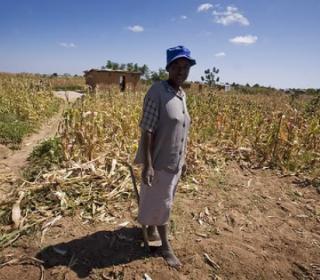Resource information
Paper systematically evaluates the political economy of Zimbabwe's emerging land policy in the 1990s in the context of other land reform programmes in Southern Africa. Looks at: the background to the land reform process in the 1990s the government's consistency in addressing the land question through an empirical evaluation of the outcome of its efforts to identify land to be acquired compulsorily in the 1990sevaluates the policy on the basis of the government's own set criteria used to list the 1 471 farms, that is: land under use (including derelict land), multiple farm ownership, farmer absenteeism, contiguity to communal areas, and oversized farms in terms of their agro-ecological potentialthe socio-economic implications of redistributing the land that was gazetted for acquisition by assessing its quality, use and economic role, the extent of multiple farm ownership, and the social features of the identified farmsConclusions include:the government has a tendency to rationalise land acquisition and redistribution on the basis of historical grievances and political demands and not on the basis of existing valid economic and technical reasons for land reformthe absence of a transparent plan and policy dialogue process meant rumour and subjective interest rather than facts have led land policy discourses, affecting the credibility of the land reform process the land reform programme must enhance economic expansion and diversification through expanding production outputs in a more efficient and rational structure of farm sizes the dominant fear that state-led land reform will bring economic collapse is unfounded, given the social and political implications of a failure to address the land question [adapted from author]


